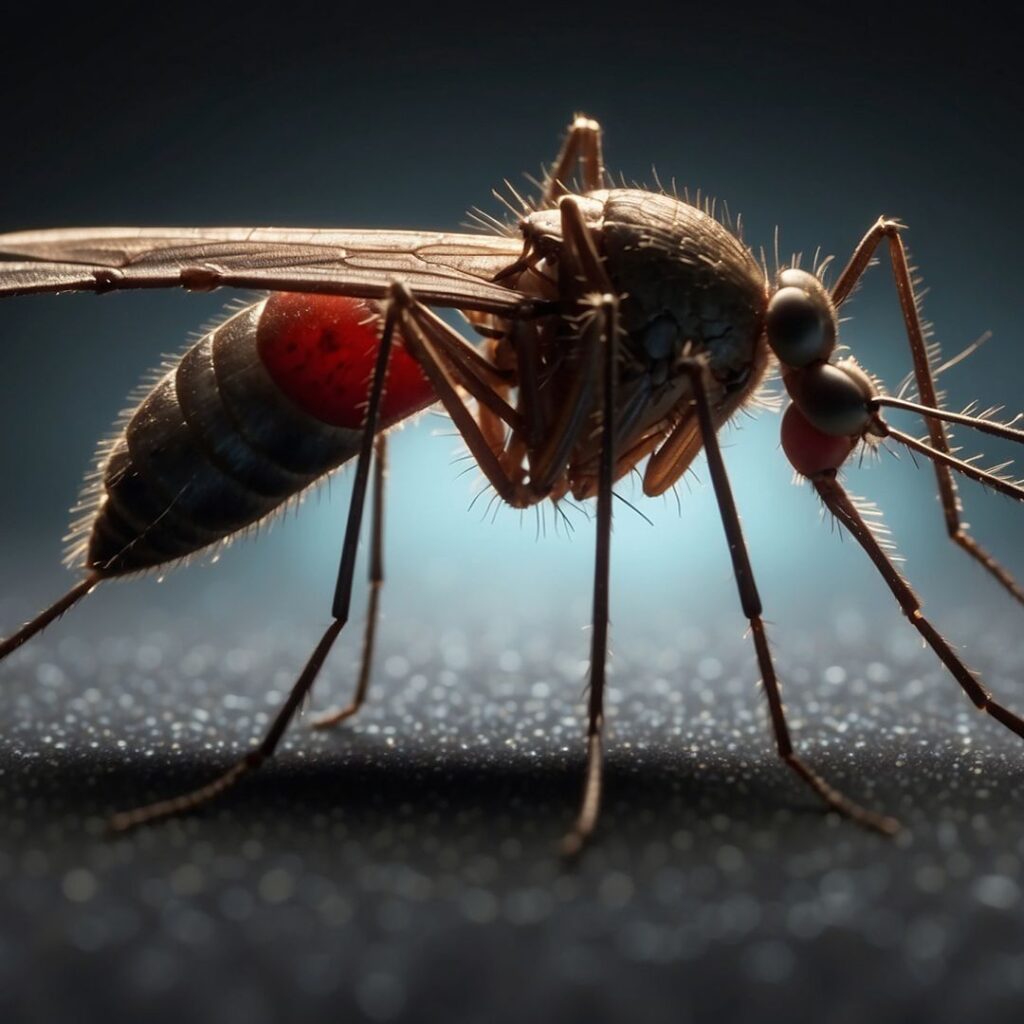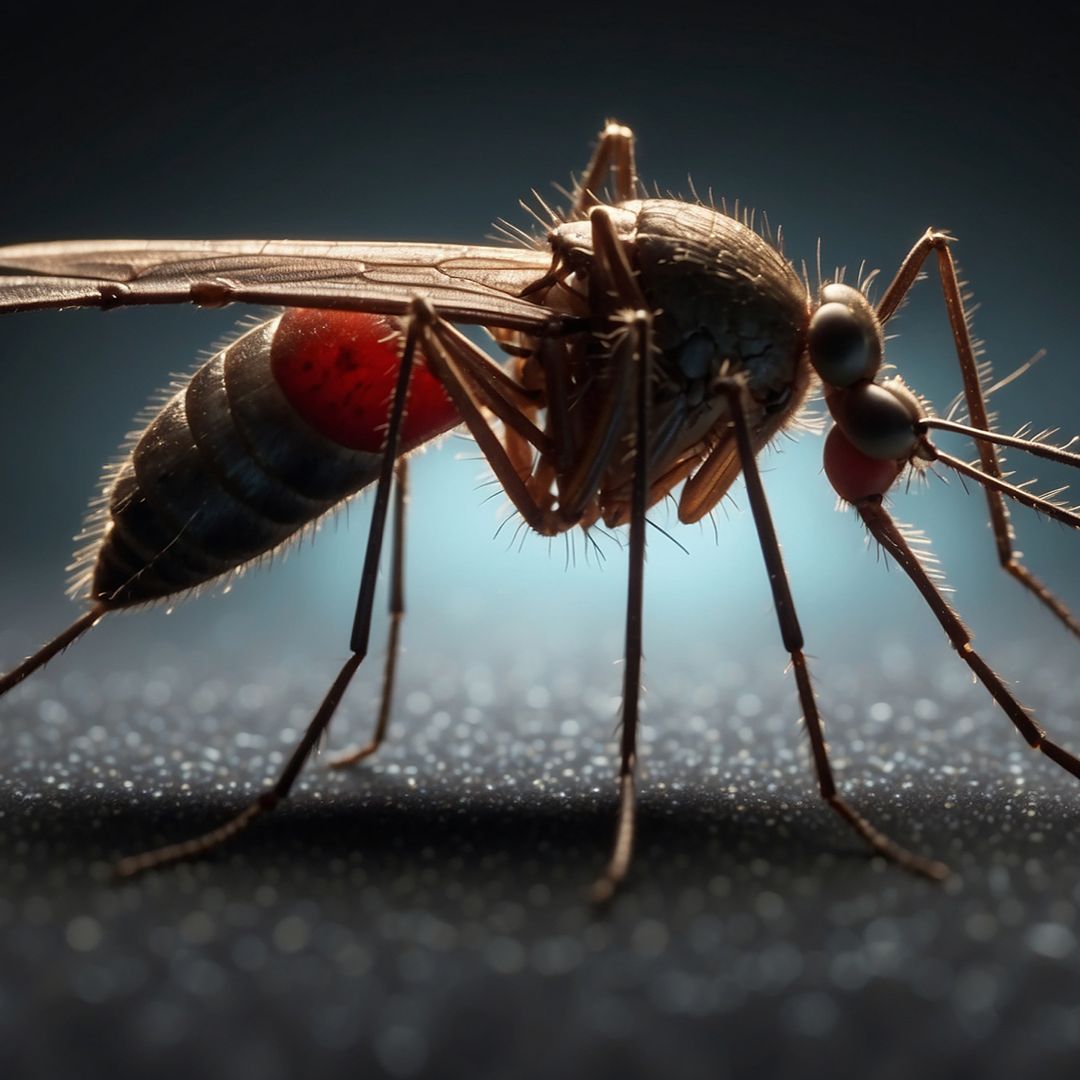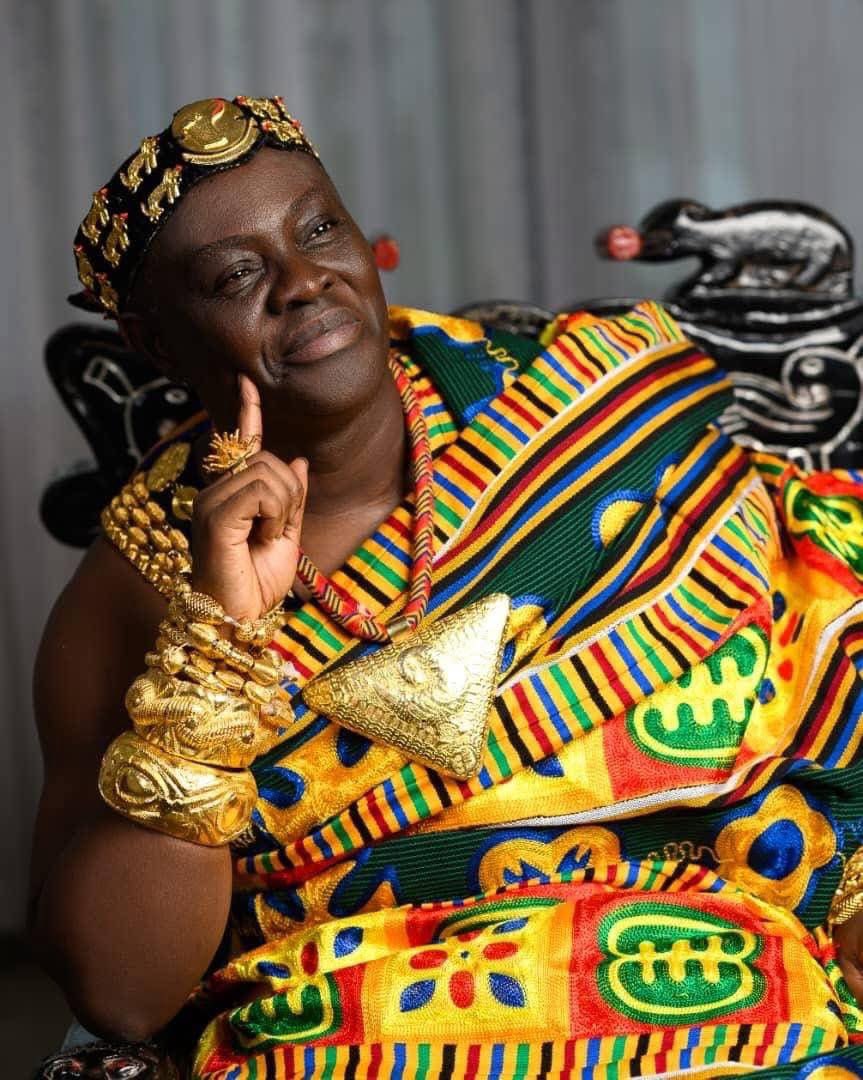
By Kekeli K. Blamey
Dr. Simon Gbene, the Western Regional Director of Veterinary Services, has urged the public to take preventative measures against mosquito bites and to wear protective clothing to prevent Dengue fever.
In an interview with the Ghana News Agency in Takoradi, Dr. Gbene emphasized that Dengue fever is a significant concern in tropical and subtropical regions, primarily transmitted through the bites of infected female Aedes aegypti mosquitoes. He noted that although Dengue fever shares similar symptoms with malaria, it is caused by a virus, not a parasite.
Dr. Gbene highlighted that there are four serotypes of the Dengue virus, with three (DENV-1, DENV-2, and DENV-3) identified in the African region. He pointed out that Burkina Faso has reported high cases of the disease.
Currently, no vaccine or specific medication exists for Dengue fever, making prevention crucial. Dr. Gbene advised the public to use insect repellents, wear long sleeves, and eliminate standing water where mosquitoes breed.
He listed severe headache with pain behind the eyes, high fever, body aches, nausea, vomiting, rash, and mild bleeding from the nose or gums as symptoms of Dengue fever. These can be managed with pain relievers, preferably paracetamol.
While the Western Region has not recorded any Dengue cases, Dr. Gbene urged residents to adopt preventive measures. He stressed that the mosquito responsible for Dengue bites both day and night, advising people to wear protective clothing, sleep under treated mosquito nets, rest, stay hydrated, and follow health professionals’ advice.
Dr. Gbene also recommended visiting a hospital for early diagnosis and management if symptoms appear, as no known cure exists for the disease.
Dr. Yaw Ofori Yeboah, Regional Director of Health Services, confirmed that the region has not recorded any cases but has intensified surveillance and encouraged the public to avoid mosquito bites.






